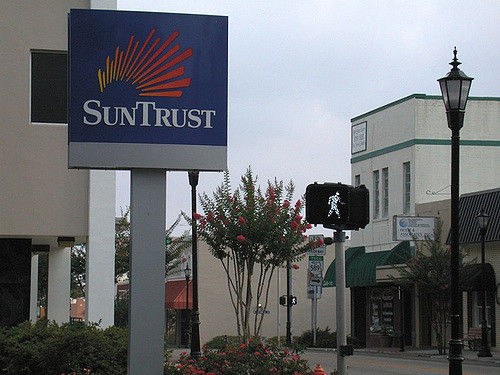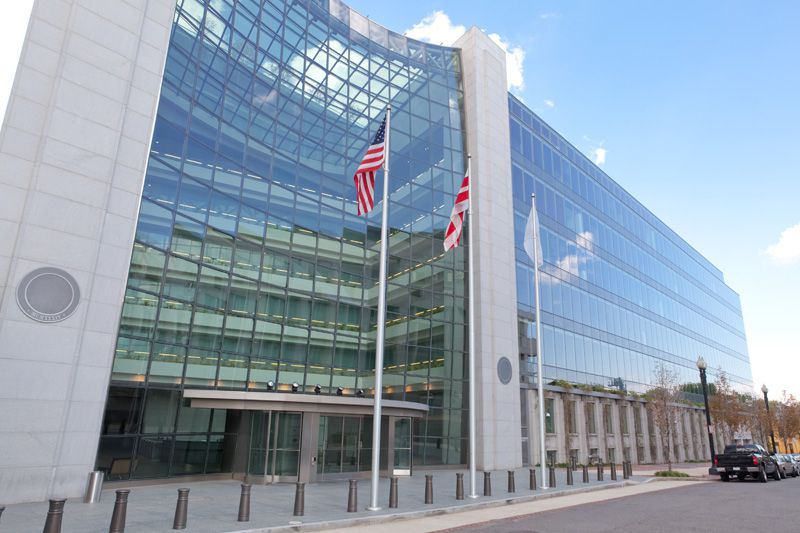
The U.S. Securities and Exchange Commission appears to be increasing its scrutiny of broker-dealers who fail to comply with the Bank Secrecy Act (BSA) and Anti-Money Laundering (AML) reporting requirements.
Traditionally this type of violations remained off the SEC’s radar, being usually pursued by the DOJ, FinCEN, the IRS, and other federal agencies. After SEC’s former enforcement director said in a statement that the SEC must “pursue stand-alone BSA violations to send a clear message about the need for compliance,” the Commission has, on more than one occasion, charged broker-dealers with failing to file Suspicious Activity Reports.
In line with this trend, the SEC has just filed suit against Salt Lake City broker-dealer Alpine Securities over its failure to report transactions it had flagged as suspicious.
 FINRA Lawyer Blog
FINRA Lawyer Blog










